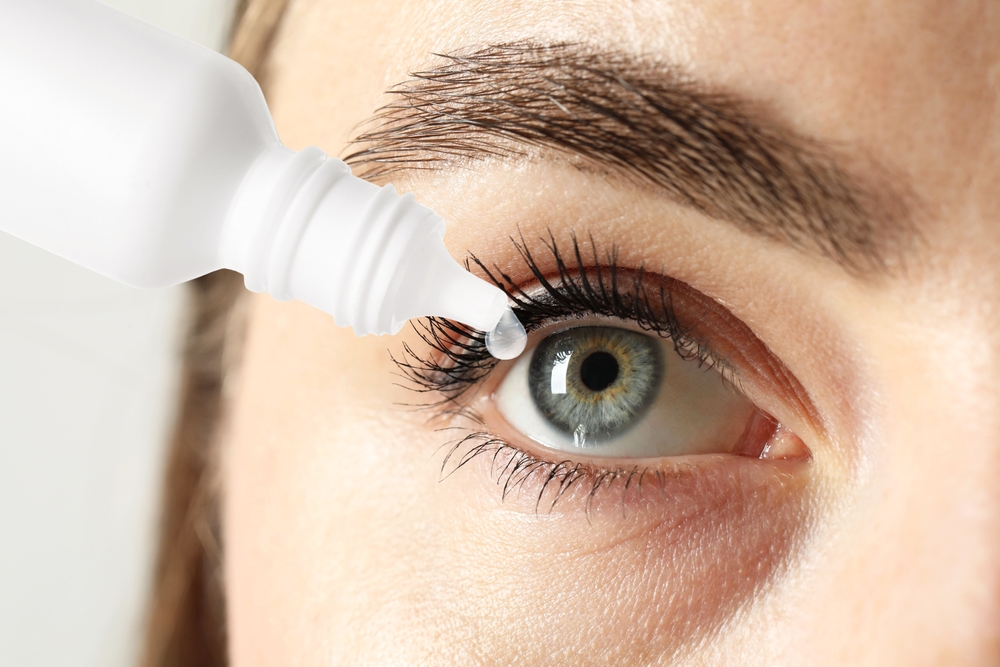
If your eyes often feel itchy, red, or watery, especially during certain times of the year, you may be dealing with eye allergies. Also known as allergic conjunctivitis, this common condition affects millions of people and can range from mildly irritating to significantly disruptive. At Cleary Square Eyecare, we’re here to help you understand the causes of eye allergies, recognize the symptoms, and find effective solutions.
What Causes Eye Allergies?
Eye allergies occur when your immune system overreacts to allergens. When these allergens come into contact with your eyes, they trigger the release of histamines and other chemicals, leading to inflammation and discomfort.
Common eye allergy triggers include:
• Pollen from trees, grass, and weeds (seasonal allergies)
• Dust mites and pet dander (indoor allergens)
• Mold spores
• Smoke, perfumes, and other airborne irritants
• Contact lenses or contact lens solutions in some cases
Recognizing the Symptoms of Eye Allergies
Eye allergy symptoms can resemble other eye conditions, so it’s important to pay close attention to what you’re experiencing. Typical symptoms include:
• Itchy eyes
• Redness or bloodshot appearance
• Excessive tearing or watery eyes
• Swollen eyelids
• Burning or stinging sensations
• Light sensitivity
• A gritty feeling, as if something is in your eye
These symptoms often occur alongside nasal allergies, such as sneezing or a runny nose, especially during allergy season.
How Are Eye Allergies Treated?
Thankfully, there are many ways to manage eye allergies and get relief. Treatment depends on the severity of your symptoms and what’s causing the reaction.
Treatment options include:
• Avoidance: Identifying and limiting exposure to known allergens is the first step.
• Artificial tears: These can help rinse allergens out of the eyes and soothe irritation.
• Cold compresses: Applying a clean, cold cloth can reduce swelling and itching.
• Over-the-counter antihistamine eye drops: These provide temporary relief from itching and redness.
• Prescription medications: In more severe cases, we may prescribe stronger eye drops or oral antihistamines.
• Lifestyle changes: Using air purifiers, keeping windows closed during high pollen times, and washing hands and face frequently can also help.
If you wear contact lenses, switching to daily disposables or cleaning your lenses more thoroughly can reduce allergy symptoms.
When to See an Eye Doctor
Sometimes, eye allergy symptoms can mimic other conditions like infections or dry eye syndrome. If your symptoms persist, worsen, or interfere with your daily activities, it’s important to see an eye doctor for an accurate diagnosis and treatment plan tailored to your needs.
Ready for Eye Allergey Relief?
Eye allergies can be frustrating, but you don’t have to suffer through them. With the right care and guidance, you can find relief and protect your eyes from further irritation. Our experienced team is here to help you manage eye allergies with personalized solutions that work for your lifestyle.
If you’re experiencing eye allergy symptoms, schedule an eye exam with Cleary Square Eyecare for targeted treatment options. Visit our office in Hyde Park, Massachusetts, or call (617) 361-0618 to book an appointment today.




